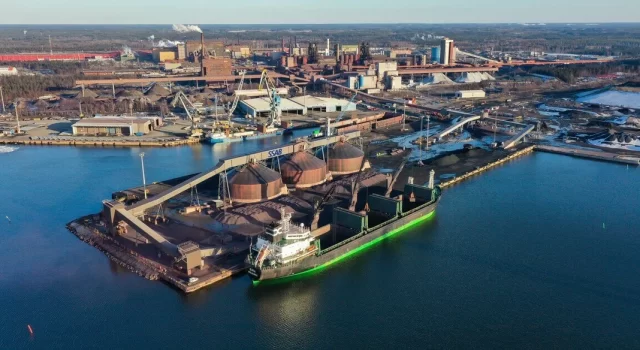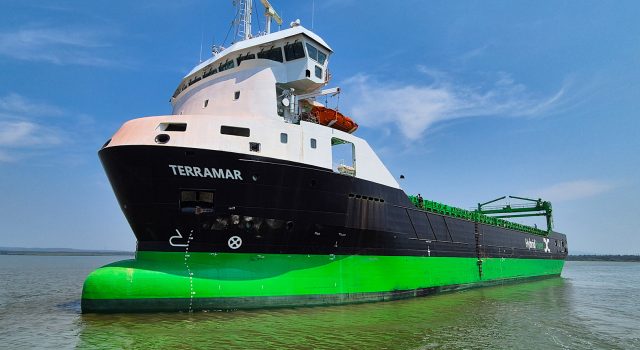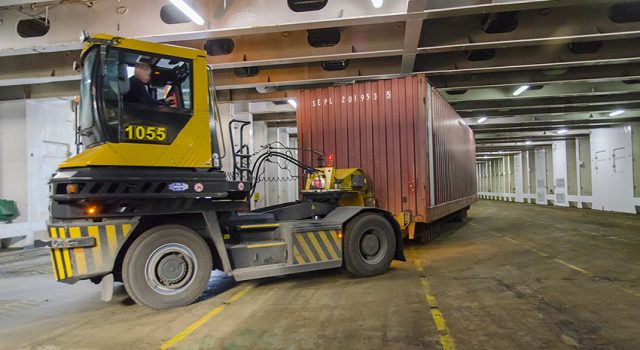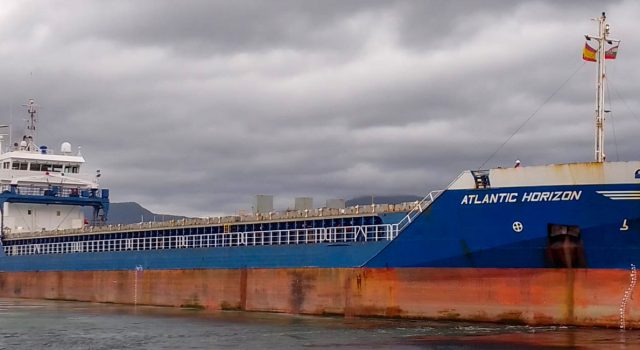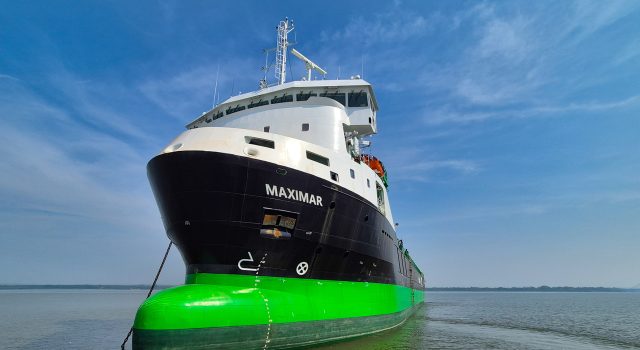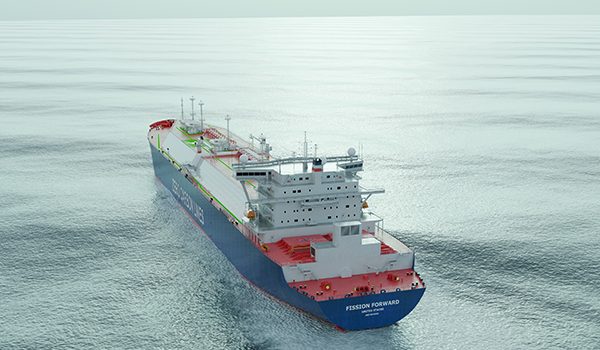EMSA was established in 2002 to help ensure a high level of maritime safety, maritime security, prevention of pollution and response to pollution by ships, as well as the development of maritime monitoring and information activities. Its mandate (Regulation (EC) 1406/2002) was extended over the years, with a significant broadening of the scope in 2013 (Regulation (EC) 100/2013). The Agency provides advice and assistance on technical, operational and scientific matters. Its staff represents a high level of expertise, in order to assist in monitoring implementation of EU legislation and in evaluating the effectiveness of the measures in place. EMSA supports on request the pollution response mechanisms of Member States as well as response to pollution caused by oil and gas installations.
A challenge for the future is to assist more national authorities involved in various Coast Guard functions for enhanced cross-sector and cross-border concerted action in cooperation with other competent EU agencies such as Frontex or EFCA. This was reflected in the latest revision of the mandate in 2016 (Regulation (EC) 1625/2016).
The Executive Director is the legal representative and public face of the Agency and is accountable to the Administrative Board and the Union’s Budgetary Authority. The Executive Director leads the Agency, manages its budget and staff and takes overall responsibility for its operations ensuring the achievement of the Agency’s objectives.
The candidate should have a good understanding of the European Union Institutions, knowledge of European maritime transport policy and legislation as well as proven experience in transport and maritime policies. He/she should have the capacity to develop a strategic vision for the policy field and the Agency, including safety, security, digitalisation and environmental sustainability of maritime transport.
He/she should also have knowledge, experience as well as a proven track record in managing large teams at a senior management level, and of managing significant financial resources, including budget planning and internal control; and the ability to communicate with the public and cooperate with stakeholders. A thorough knowledge of one of the official Union languages[1] and a satisfactory knowledge of a second of these languages to the extent necessary for the performance of his/her duties, is also required. A very good knowledge of English would be an asset since it is the language most widely spoken in the shipping sector and the working language of the Agency. The candidate must be a national of an EU Member State or a national of a country from the European Economic Area.

